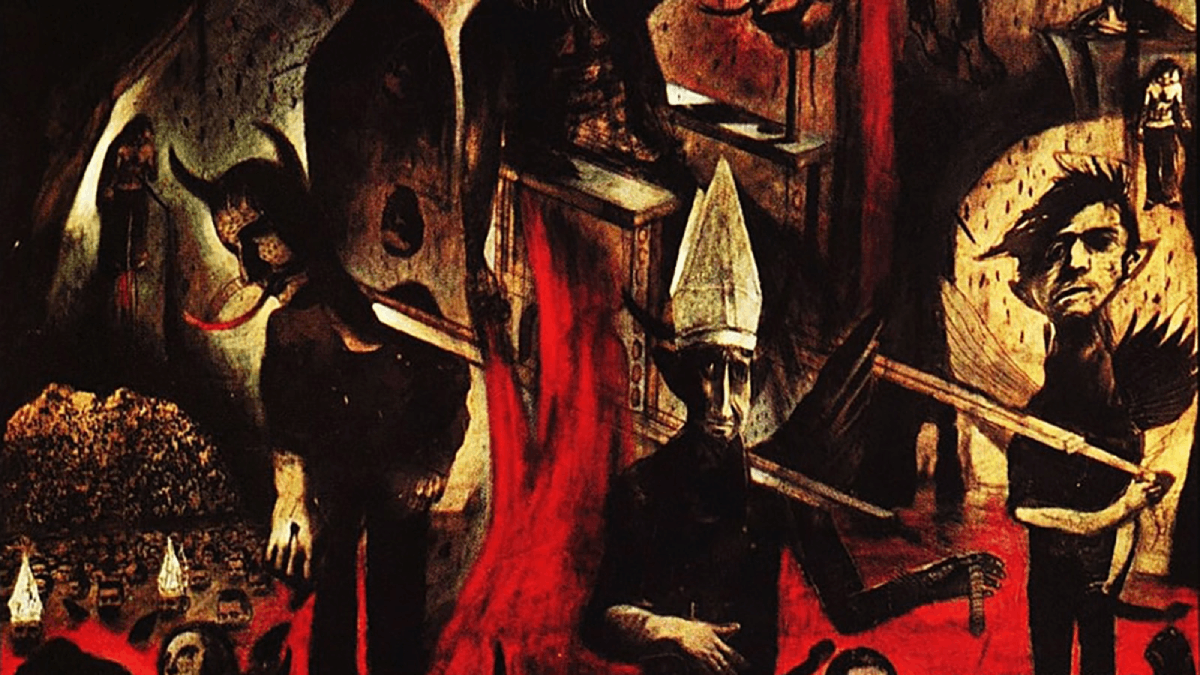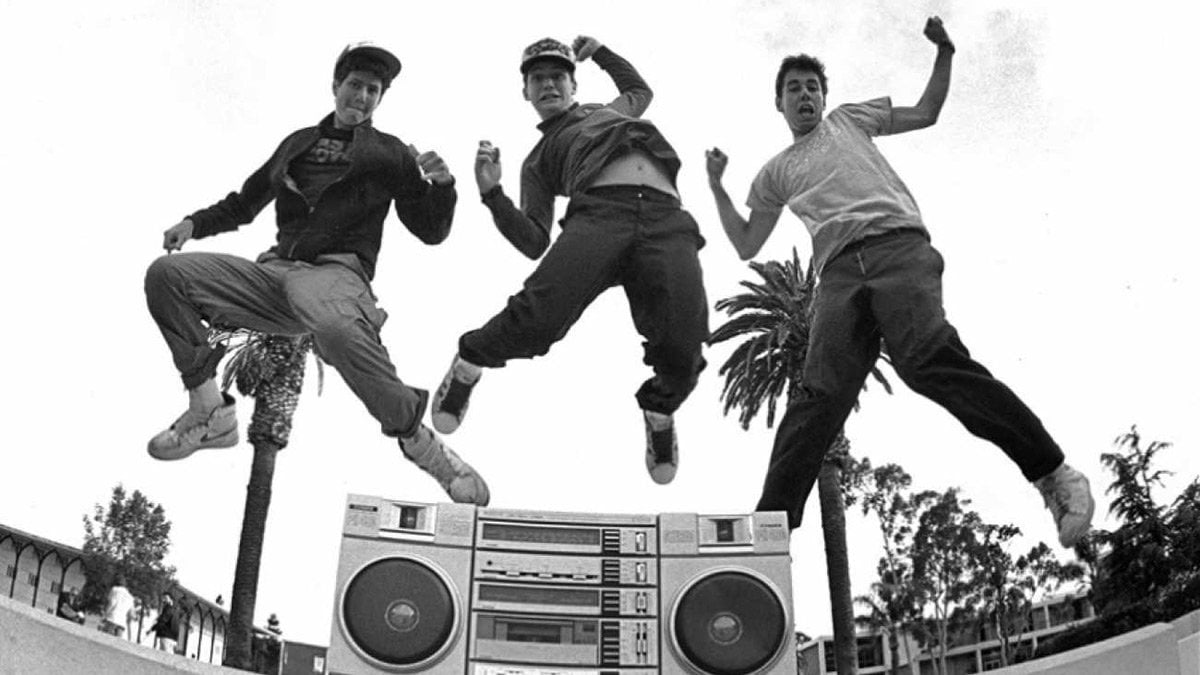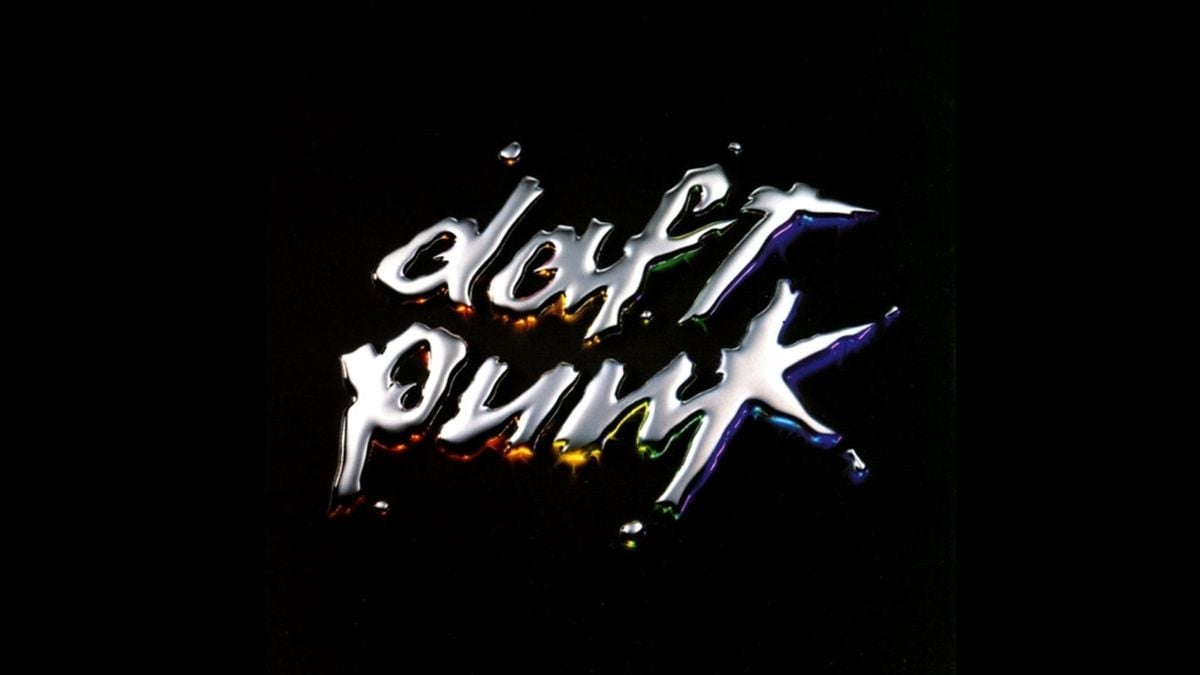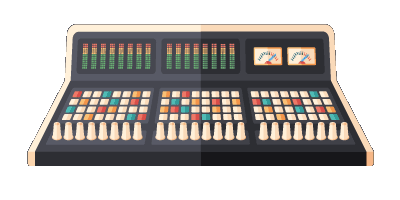Slayer – Reign In Blood

Each month we take a look at a classic track or album and discuss it from a music production perspective, examining any innovations that took place during its recording. This month we discuss the album named by Kerrang! Magazine as the heaviest of all time; Slayer's Reign In Blood.
The album, released in 1986, was produced by Rick Rubin, who up until that point was mainly known for his hip-hop productions. But Rubin had grown up a rock fan, and when he was introduced to Slayer by a friend, he decided that he needed to sign them to Def Jam, the label that he co-owned with Russell Simmons. Slayer guitarist Kerry King was initially baffled by Rubin's interest, before realising, 'here's a guy who does a hip hop label, who is so into a metal band that he signed that band on his label. It was a slam dunk for me.'
Although he doesn't like to take much of the credit, Rubin's influence on the record was key. He says of the album: 'It really is a testament to how great a band Slayer is. It's very close to being a live album, very well recorded in a studio. Slayer didn't sound like anyone else, that's why the album sounds different than other metal albums. They really were creating their own genre.' The producer had an impact in key ways however, and some of the things he didn't do were as important as the things that he did.
The producer has become known for a fairly unique approach. For the Reign In Blood sessions, he placed a sofa in the studio, where he'd sit with eyes closed, and listen to the band run through the songs over and over again, occasionally dispensing key pieces of wisdom. One important decision he made was to not use any reverb on the guitars or vocals; a decision that was totally at odds with the heavy metal aesthetic of the time. This meant that the band could play faster and harder without the music descending into muddiness. This simple decision resulted in a unique sound, described by Metal Hammer as 'dry as a bone and heavy as granite'. A sound that has stood the test of time.
Rubin sums up his approach to recording Slayer like this: 'With them, it really is about, it's so specific, what they do, that really so much of the job is just not getting in the way. As long as you don't interrupt them being Slayer, it's probably gonna be good.'



Comment on this post on SoundGym Community